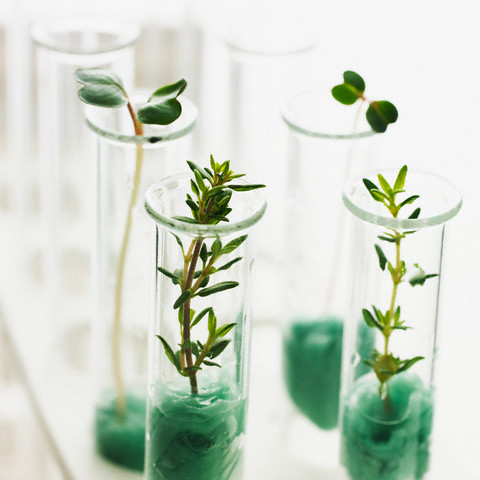International Journal of Pure & Applied Bioscience (IJPAB)
Year : 2017, Volume : 5, Issue : 2
First page : (379) Last page : (386)
Article doi: http://dx.doi.org/10.18782/2320-7051.2840
Distillery Spentwash Production, Treatment and Utilization in Agriculture – A Review
Shivarajkumar M. Kamble1, Gopal V. Dasar2* and S. S. Gundlur3
1Ph.D. Scholar, Department of Soil Science and Agril. Chemistry, UAS, Dharwad-580005, Karnataka
2Chief scientist and campus Head, IWMRC, Belvatagi, University of Agriculture Sciences, Dharwad, Karnataka
3Assistant Professor, Soil Science and Agril. Chemistry, College of Agriculture, Vijaypur, University of Agriculture Sciences, Dharwad-580005, Karnataka
*Corresponding Author E-mail: gvdasar@gmail.com
Received: 12.04.2017 | Revised: 23.04.2017 | Accepted: 24.04.2017
ABSTRACT
Molasses (one of the important by-products of sugar industry) is the chief source for the production of alcohol in distilleries by fermentation method known as raw spent wash. It is one of the most complexes, troublesome and strongest organic industrial effluents, having extremely high COD and BOD values. Because of the high concentration of organic load, the distillery spent wash is the potential source of renewable energy. Industrial processes create a variety of wastewater pollutants; which are difficult and costly to treat. Wastewater characteristics and levels of pollutants vary significantly from industry to industry. Now-a-days emphasis is laid on waste minimization and revenue generation through by-product recovery. Pollution prevention focuses on preventing the generation of wastes, while waste minimization refers to reducing the volume or toxicity of hazardous wastes by water recycling and reuse. The land application of distillery spentwash often benefits for water pollution control and utilization for agricultural production. Hence, controlled application of spentwash to the land as irrigation water helps in restoring and maintaining soil fertility, increasing soil microflora, improving physical and chemical properties of soil leading to better water retaining capacity of the soil.
Key words: Spentwash, Microflora, Pollution, Industrial processes, COD, BOD.
Full Text : PDF; Journal doi : http://dx.doi.org/10.18782
Cite this article: Kamble, S.M., Dasar, G.V. and Gundlur, S.S., Distillery Spentwash Production, Treatment and Utilization in Agriculture – A Review, Int. J. Pure App. Biosci.5(2): 379-386 (2017). doi: http://dx.doi.org/10.18782/2320-7051.2840





